In the dynamic landscape of transportation and logistics, fuel tanker trucks play a pivotal role in ensuring the seamless distribution of fuel across various sectors. At CarMax Vehicle, we understand that selecting the right fuel tanker truck capacity is essential for optimizing operations, reducing costs, and enhancing overall efficiency. This comprehensive guide delves into the intricacies of fuel tanker truck capacity, exploring the factors that influence it, the types available, and how to choose the optimal capacity for your business needs.
Understanding Fuel Tanker Truck Capacity
Fuel tanker truck capacity refers to the maximum volume of fuel that a tanker truck can transport safely and efficiently. This capacity is typically measured in liters or gallons and is a critical determinant of a tanker’s operational scope. The appropriate capacity ensures that businesses can meet demand without overextending resources or compromising safety standards.
Importance of Capacity in Operations
- Efficiency: Optimal capacity minimizes the number of trips required, thereby saving time and fuel.
- Cost-Effectiveness: Reduces operational costs by maximizing fuel transport per journey.
- Compliance: Adheres to transportation regulations regarding load limits and safety protocols.

Factors Influencing Fuel Tanker Truck Capacity
Several factors determine the suitable capacity for a fuel tanker truck. Understanding these can aid in making informed decisions that align with business objectives and regulatory requirements.
Vehicle Design and Structure
The design of the tanker, including its frame, chassis, and suspension system, directly impacts its capacity. A robust design can support larger volumes of fuel without compromising stability or safety.
Material of Construction
Materials used in constructing the tanker, such as stainless steel or aluminum, affect both the weight and durability of the tanker. Lightweight yet strong materials can enhance capacity without adding excessive weight.

Regulations and Compliance
Local and international regulations dictate maximum load limits, safety features, and operational standards. Compliance ensures legal operation and avoids penalties.
Purpose and Specific Needs
The intended use of the tanker—be it for long-haul transportation, urban delivery, or industrial supply—will influence the optimal capacity. Specific industry requirements may necessitate specialized tanker designs.
Types of Fuel Tanker Trucks Based on Capacity
Fuel tanker trucks come in various capacities, each suited to different operational needs and environments.
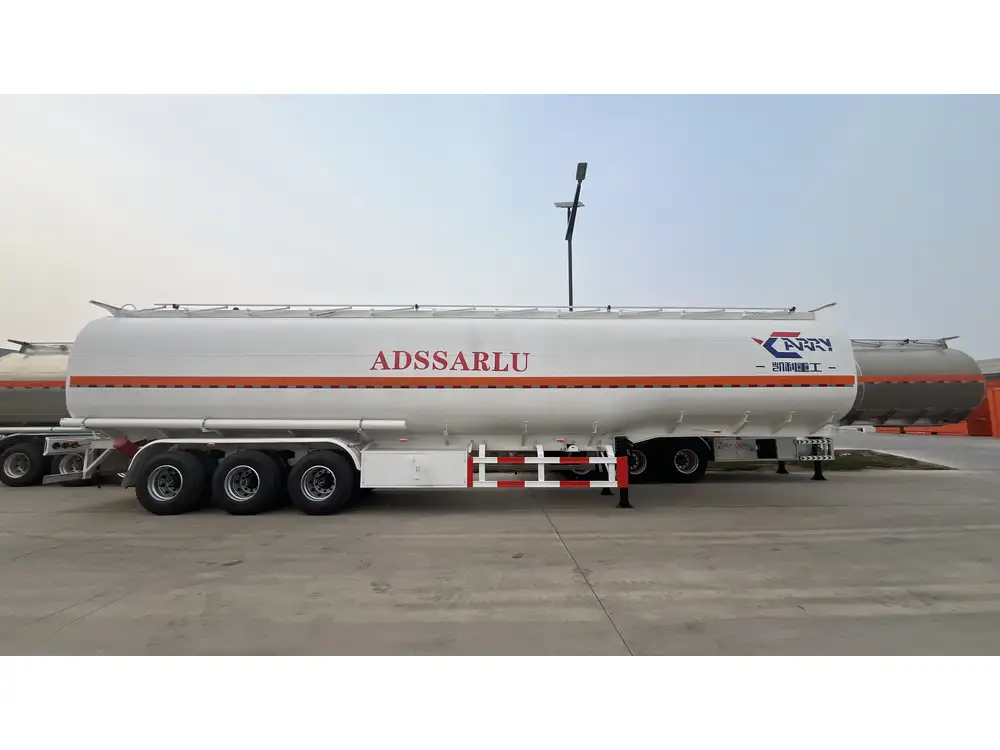
Small Capacity Tankers
- Capacity: Up to 5,000 liters
- Uses: Urban delivery, short-distance transport
- Advantages: Maneuverable, easier to navigate tight city streets
- Limitations: Requires more trips for large volume deliveries
Medium Capacity Tankers
- Capacity: 5,000 to 15,000 liters
- Uses: Regional distribution, medium-distance transport
- Advantages: Balanced between capacity and maneuverability
- Limitations: May still require multiple trips for extensive demands
High Capacity Tankers
- Capacity: 15,000 to 30,000 liters
- Uses: Long-haul transportation, bulk fuel distribution
- Advantages: Fewer trips needed, cost-effective for large volumes
- Limitations: Requires specialized handling and infrastructure
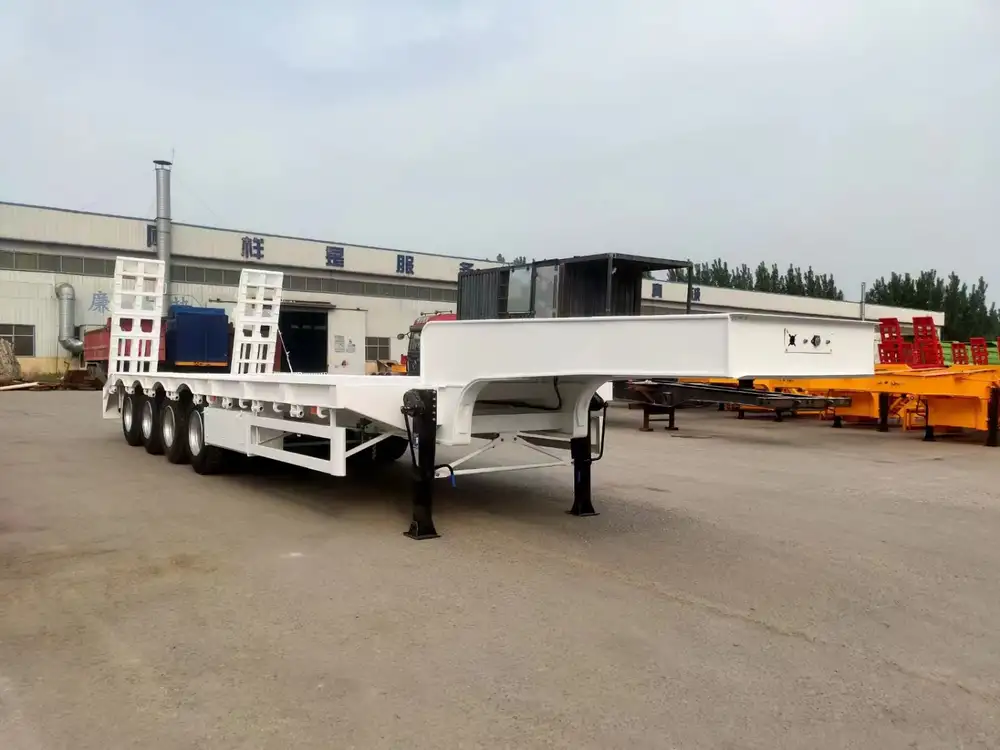
Ultra-Heavy Capacity Tankers
- Capacity: Over 30,000 liters
- Uses: Industrial scale distribution, cross-country transport
- Advantages: Maximizes fuel transport per journey, reducing overall costs
- Limitations: Heavier, requires stringent compliance with regulations
Detailed Comparison of Fuel Tanker Truck Capacities
| Type | Capacity (Liters) | Primary Use | Advantages | Limitations |
|---|---|---|---|---|
| Small Capacity | Up to 5,000 | Urban, short-distance | High maneuverability, lower costs | More trips needed for large deliveries |
| Medium Capacity | 5,000 – 15,000 | Regional, medium-distance | Balanced capacity and maneuverability | May still require multiple trips |
| High Capacity | 15,000 – 30,000 | Long-haul, bulk distribution | Cost-effective for large volumes | Requires specialized handling and infrastructure |
| Ultra-Heavy Capacity | Over 30,000 | Industrial, cross-country | Maximum transport per journey | Heavier, stringent regulatory compliance |
Maximizing Efficiency with Optimal Tanker Capacity
Selecting the right tanker capacity is crucial for balancing operational efficiency and cost. Here’s how to achieve this balance:

Balancing Capacity with Transportation Needs
Assessing the average transportation volume and frequency will help determine the ideal capacity. Overestimating leads to unnecessary costs, while underestimating forces more trips and higher fuel consumption.
Impact on Fuel Consumption and Costs
Larger capacities can reduce the number of trips, saving fuel and time. However, they may require more initial investment and incur higher maintenance costs. An optimal balance ensures cost-effectiveness without compromising operational efficiency.
Maintenance and Durability Considerations
Higher capacity tankers are subjected to greater strain, necessitating regular maintenance to prevent leaks and ensure safety. Investing in durable tankers extends their lifespan and reduces long-term costs.
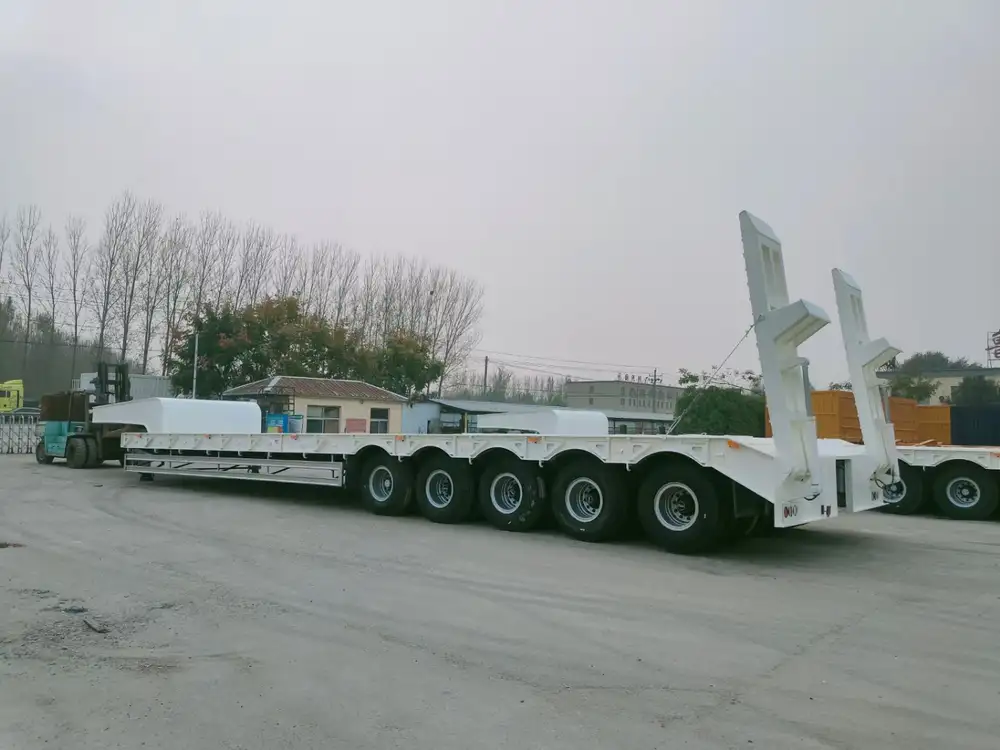
CarMax Vehicle’s Fuel Tanker Solutions
At CarMax Vehicle, we specialize in manufacturing fuel tanker trucks that cater to diverse capacity needs, ensuring reliability and efficiency in every journey.
Comprehensive Capacity Range
Our fleet includes tankers ranging from small urban-capacity models to ultra-heavy capacity trucks designed for industrial-scale distribution. This range ensures that businesses can find a perfect match for their specific requirements.
Key Features of CarMax’s Tankers
- Advanced Safety Systems: Equipped with state-of-the-art safety features to prevent accidents and ensure compliance with regulations.
- Durable Construction: Manufactured using high-grade materials that guarantee longevity and reduce maintenance needs.
- Customizable Designs: Tailored to meet specific operational needs, whether it’s for short-distance urban deliveries or long-haul interstate transport.
- Fuel Efficiency: Engineered to maximize fuel economy, reducing operational costs and environmental impact.
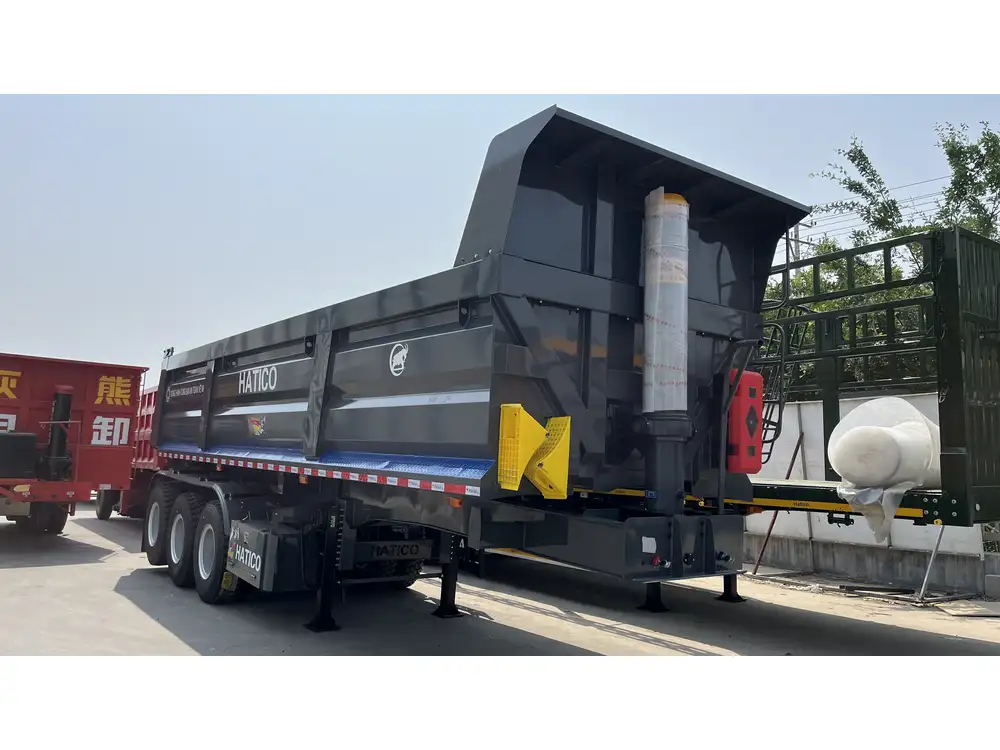
Choosing the Right Fuel Tanker Truck Capacity for Your Business
Selecting the appropriate tanker capacity involves a strategic assessment of various factors to ensure alignment with business goals and operational demands.
Assessing Your Transportation Needs
Evaluate the volume of fuel transported regularly, the distances covered, and the frequency of deliveries. Understanding these parameters helps in selecting a capacity that optimizes efficiency and meets demand.
Evaluating Regulatory Requirements
Stay informed about local and international regulations governing fuel transportation. Ensure that the chosen tanker capacity complies with all legal standards to avoid penalties and operational disruptions.

Cost-Benefit Analysis
Conduct a thorough analysis weighing the initial investment against long-term savings. Consider factors such as fuel consumption, maintenance costs, and potential revenue from increased efficiency.
Future Trends in Fuel Tanker Truck Capacities
The fuel transportation industry is continually evolving, with advancements in technology and growing environmental concerns shaping future developments.
Innovations in Design and Technology
- Smart Tankers: Integration of IoT devices for real-time monitoring of fuel levels, temperature, and vehicle performance.
- Lightweight Materials: Development of new materials that reduce tanker weight without compromising strength, allowing for higher capacities within legal limits.
- Modular Designs: Tankers that can be easily adjusted or reconfigured based on changing transportation needs.
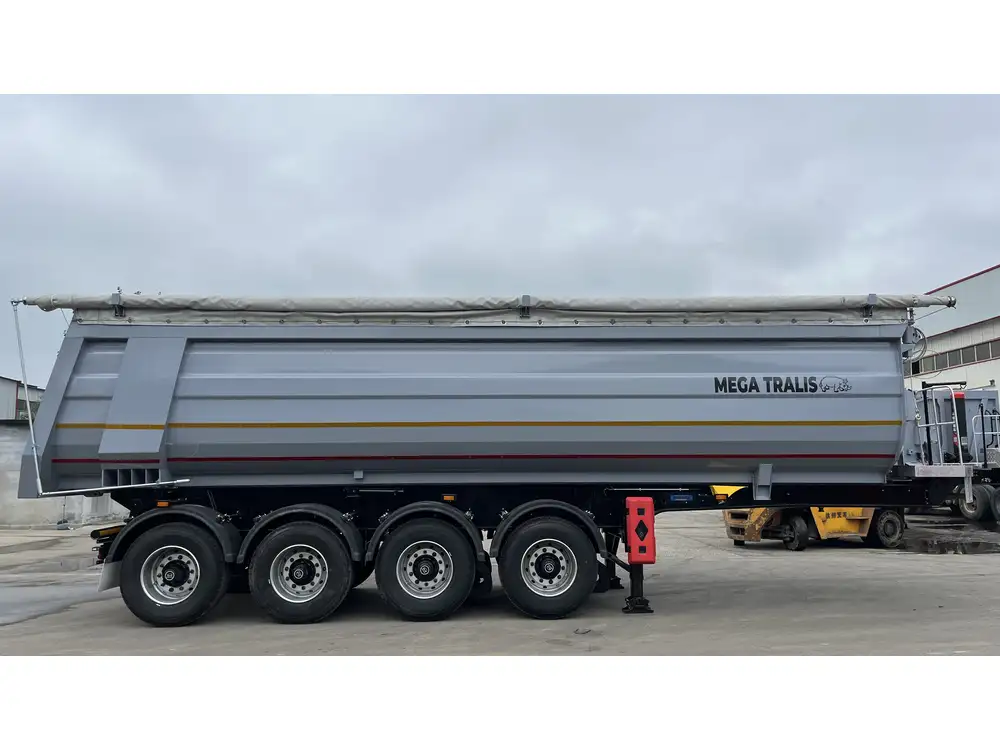
Environmental Considerations and Fuel Efficiency
With increasing emphasis on sustainability, future tanker designs focus on reducing fuel consumption and minimizing carbon footprints. Innovations include:
- Aerodynamic Enhancements: Streamlined designs that reduce air resistance and improve fuel efficiency.
- Hybrid Powertrains: Incorporation of hybrid engines that combine traditional fuel systems with electric power to lower emissions.
- Eco-Friendly Materials: Use of recyclable and sustainable materials in tanker construction to promote environmental responsibility.
Conclusion
Selecting the right fuel tanker truck capacity is a critical decision that impacts operational efficiency, cost management, and compliance with regulations. At CarMax Vehicle, we are committed to providing high-quality fuel tanker solutions tailored to meet the diverse needs of our clients. Our comprehensive range of tankers, combined with advanced features and durable construction, ensures that your fuel transportation operations are both efficient and reliable.
Frequently Asked Questions
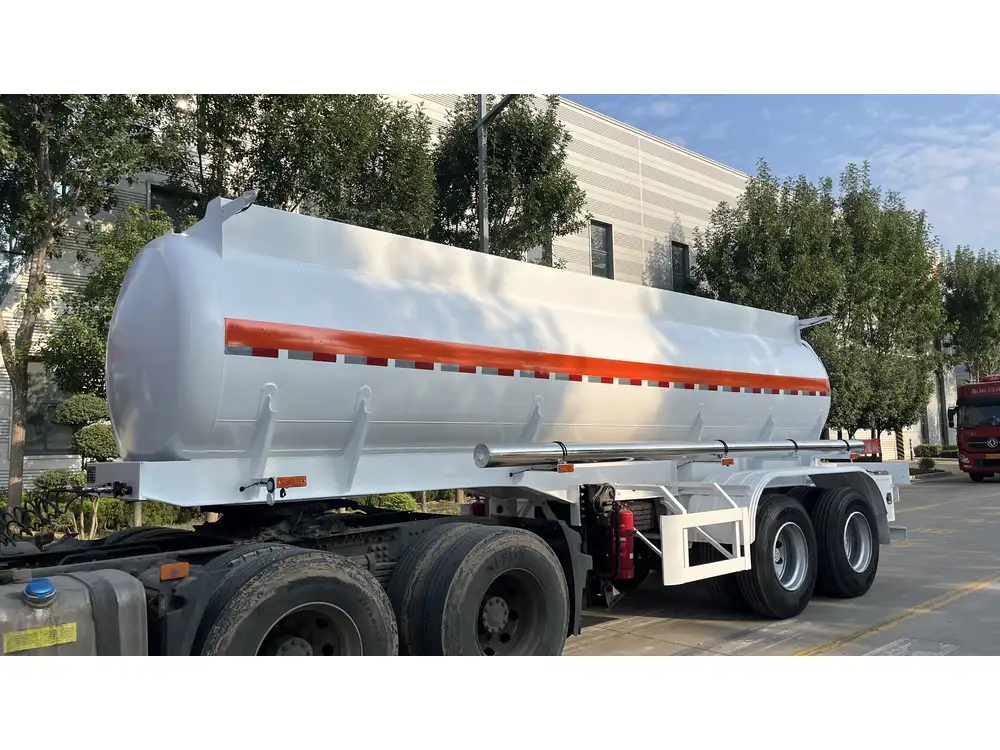
1. What factors should I consider when choosing the capacity of a fuel tanker truck?
When selecting a fuel tanker capacity, consider your average transportation volume, the distance of deliveries, frequency of trips, regulatory requirements, and the balance between initial investment and long-term operational costs.
2. How does tanker capacity affect fuel consumption and operational costs?
Larger capacity tankers can reduce the number of trips needed to transport the same volume of fuel, leading to lower fuel consumption and reduced operational costs. However, they may require a higher initial investment and potentially incur greater maintenance expenses.
3. Are there specific regulations governing fuel tanker truck capacities?
Yes, fuel tanker capacities are regulated by local and international laws that dictate maximum load limits, safety standards, and operational protocols. It’s essential to ensure that your tanker complies with all relevant regulations to avoid legal issues and ensure safe transportation.
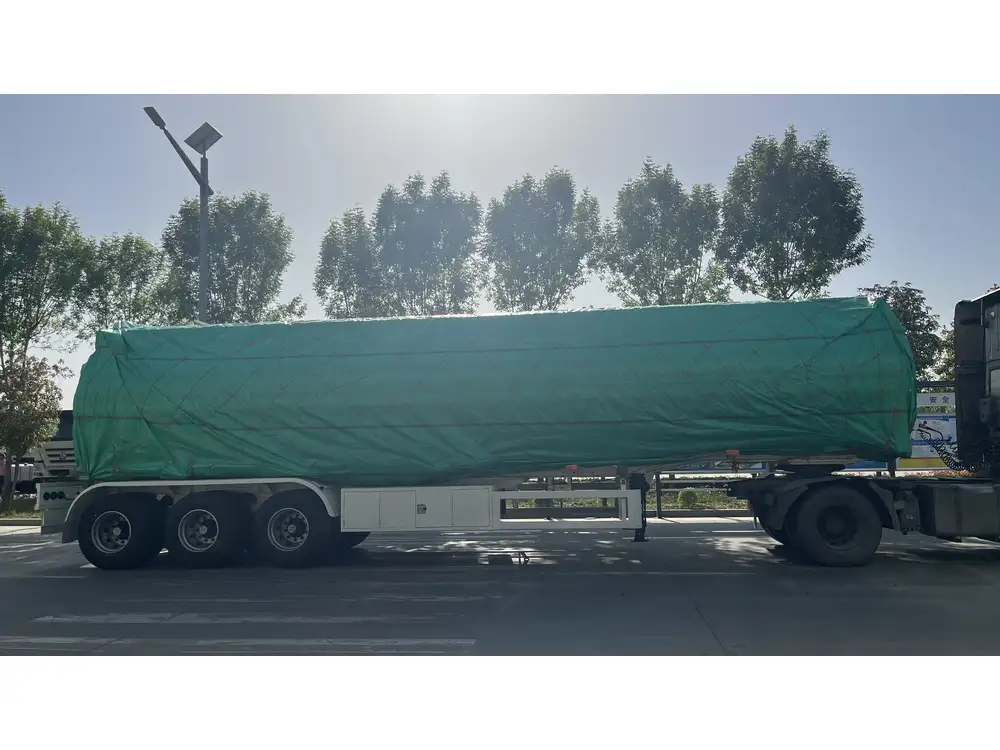
4. How can CarMax Vehicle help in selecting the right fuel tanker capacity for my business?
CarMax Vehicle offers a diverse range of fuel tanker trucks with varying capacities. Our experts work closely with clients to assess their specific needs, recommend the most suitable capacity, and provide customized solutions that enhance operational efficiency and comply with all regulatory standards.
5. What are the latest trends in fuel tanker truck design and capacity?
Recent trends include the integration of smart technologies for real-time monitoring, the use of lightweight and sustainable materials to increase capacity without adding weight, and the development of modular and aerodynamic designs to improve fuel efficiency and reduce environmental impact.



